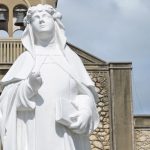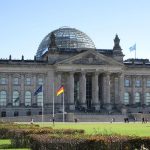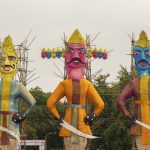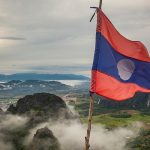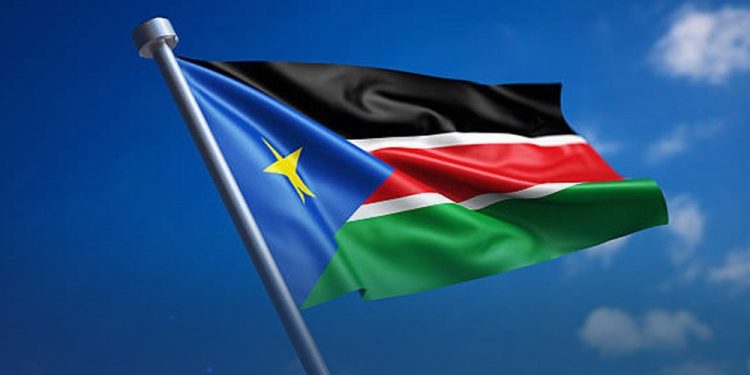
Independence Day in South Sudan
In South Sudan, the 9th of July is a National Day, one that commemorates the country’s independence from the Republic of Sudan in 2011. Unfortunately, for the decade after the founding of this new country, South Sudan has been plagued by disease, famine, flooding, and civil unrest.
However, the people of this country have shown great strength and resilience, and that is clearly shown with the enthusiasm with which they celebrate Independence Day. This holiday is not only seen as a day of celebration but also as a day on which the residents of this country can reflect on the future and decide on the direction of their country.
The History of Independence Day in South Sudan
South Sudan has traditionally been a part of the great Sudan region—a region that has been important since ancient times. From the 14th century on, it was settled by Muslim Arabs, but it was conquered by the viceroy of Egypt, Muhammad Ali, and placed under the control of the Ottoman Empire in 1820.
Eventually, Great Britain and Egypt would come to an agreement in 1899 that would place Sudan under the control of an Egyptian-appointed governor. At the time, Great Britain also controlled Egypt, so Sudan essentially began to be run as a Crown Colony.
In 1956, Sudan gained independence. The problem this presented was that the southern region of Sudan didn’t feel like they were properly represented and didn’t have the regional autonomy they wanted. This would lead to the First Sudanese Civil War.
When the war came to a stalemate, the Southern Sudan Autonomous Region was formed and it lasted from 1972 to 1983. The Second Sudanese Civil War began and that continued until a peace agreement was reached in 2005. This peace agreement gave southern Sudan the autonomy it wanted. The citizens of South Sudan voted on declaring independence in 2011, and on July 9th of that year, South Sudan gained its independence.
Observing Independence Day in South Sudan
This holiday is observed in South Sudan with music, food, and parades. It’s also a day off for the general population, and many government offices and businesses are closed on this day. People also raise the South Sudanese flag on important buildings and residences during this day.
